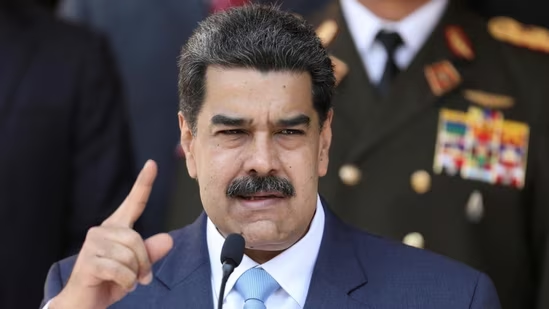by Martin Haffner Associate Editor
In a significant move reflecting the escalating security threats in the region, Taiwan’s President Tsai Ing-wen announced that the nation’s defense budget is set to exceed 3% of its Gross Domestic Product (GDP). This ambitious initiative comes as part of a broader military overhaul aimed at enhancing the island’s defensive capabilities amidst increasing tensions with China.
The announcement, made during a recent address to the nation, underscores Taiwan’s commitment to bolstering its defense mechanisms in light of China’s aggressive posturing in the Taiwan Strait. President Tsai highlighted the importance of a robust military as a deterrent against potential military aggression. This adjustment in defense spending marks a significant shift in Taiwan’s military policies, reflecting a growing awareness of the geopolitical realities in the Asia-Pacific region.
President Tsai emphasized that the increase in the defense budget will facilitate the acquisition of advanced military technology, the strengthening of personnel training, and the enhancement of overall readiness. “We must ensure that we are prepared for any threat that may arise, and an increase in our defense budget is crucial to maintaining peace and stability in the region,” Tsai stated.
The proposed budget is part of a larger defense strategy that focuses on modernizing the military and making it more self-reliant. The plans include investments in indigenous defense manufacturing, such as advanced missile systems and naval assets, aimed at reducing reliance on foreign military equipment. The increase in military expenditure is also projected to foster innovation and create numerous job opportunities within Taiwan’s defense sector.
In recent years, Taiwan has faced growing military pressure from China, which views the self-governing island as a breakaway province. The increased defense budget is seen as a necessary response to a series of military drills conducted by China near Taiwanese airspace and waters, which have raised alarms about the potential for conflict.
Public sentiment in Taiwan appears to be increasingly supportive of the government’s defense initiatives. According to recent polls, a majority of Taiwanese citizens acknowledge the need for a stronger military presence and are willing to support increased spending to ensure their security. This public backing is a crucial factor in garnering legislative support for the budgetary changes.
The Tsai administration is set to work closely with the Legislative Yuan to secure approval for the proposed budget, which will ultimately determine the extent of the military overhaul. Lawmakers from various parties have expressed a general consensus on the importance of strengthening Taiwan’s defense, although debates are expected over specific allocations and priorities within the budget.
Looking Ahead
As Taiwan embarks on this military overhaul, the implications extend beyond the island itself. The defense spending increase could recalibrate the security dynamics in the Asia-Pacific region, potentially influencing the policies of neighboring countries and the United States, Taiwan’s key ally. Washington has long supported Taiwan’s right to self-defense, and this enhanced military capability could bolster deterrence against adversarial actions.
In conclusion, Taiwan’s decision to exceed a 3% defense budget of its GDP symbolizes a proactive stance toward safeguarding its sovereignty in a precarious geopolitical landscape. The mobilization of resources for a military overhaul reflects the government’s acknowledgment of emerging threats and the necessity for a resilient defense strategy tailored to meet future challenges. As developments unfold, the world will be closely watching the impact of Taiwan’s ambitious military plans on regional stability and security.



